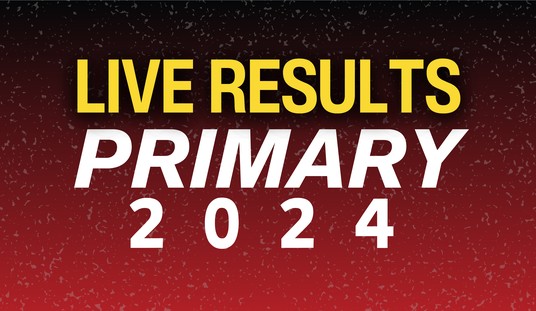American immorality and contempt for liberty lie at the root of most of the political economic problems our nation faces. They explain the fiscal problems we face, such as growing national debt and budget deficits at the federal, state and local levels of government. Our immorality and contempt for liberty are reflected most in our widespread belief that government ought to forcibly use one American to serve the purposes of another American. Let's examine it.
Suppose there is an elderly widow in your neighborhood. She does not have the strength to mow her lawn, clean her windows and perform other household tasks. Plus she does not have the financial means to hire someone to perform them. Here is my question: Would you support a government mandate that forces one of your neighbors to mow the widow's lawn, clean her windows and perform other household tasks? Moreover, if the person so ordered failed to obey the government mandate, would you approve of some sort of sanction, such as a fine, property confiscation or imprisonment? I believe and hope that most of my fellow Americans would find such a mandate repulsive. They would rightfully condemn it as a form of slavery, which can also be described as the forcible use of one person to serve the purposes of another.
Would there be the same condemnation if, instead of forcing one of your neighbors to actually perform the household tasks, your neighbor were forced to fork over $50 of his weekly earnings to the widow? That way, she could hire someone to perform the tasks that she is unable to do. Would that mandate differ from one under which your neighbor is forced to actually perform the household tasks? I'd answer no. Just the mechanism differs for forcibly using one person to serve the purposes of another.
Recommended
Most Americans would want to help this widow, but they would find anything that openly smacks of servitude or slavery deeply offensive. They would have a clearer conscience if government would use its taxing authority, say an income tax or property tax. A government agency could then send the widow a $50 check to hire someone to mow her lawn and perform other household tasks. This collective mechanism would make the servitude invisible, but it wouldn't change the fact that people are being forcibly used to serve the purposes of others. Putting the money into a government pot simply conceals an act that would otherwise be deemed morally repulsive.
Some might misleadingly argue that we are a democracy, in which the majority rules. But a majority consensus does not make acts that would otherwise be deemed immoral moral. In other words, if the neighbors got a majority vote to force one of their number, under pain of punishment, to perform household tasks for the elderly widow, it would still be immoral. People like to give immoral acts an aura of moral legitimacy by noble-sounding expressions, such as "spreading the wealth," "income redistribution," "caring for the less fortunate" and "the will of the majority."
If one American can use government to force another to serve his purpose, what is the basis for denying another American the right to do the same thing? For example, if farmers are able to use Congress to give them cash for crop subsidies, why should toymakers be denied the right for Congress to give them cash subsidies when their sales slump?
Congress has completely succumbed to the pressure to use one American to serve the purposes of another. As a result, spending grows. Today's federal budget is about $3.8 trillion. At least two-thirds of it can be described as Congress taking the earnings of one American to give to another.
I personally believe in helping one's fellow man in need. Doing so by reaching into one's own pockets is laudable and praiseworthy. Doing so by reaching into another's pockets is evil and worthy of condemnation.

























Join the conversation as a VIP Member